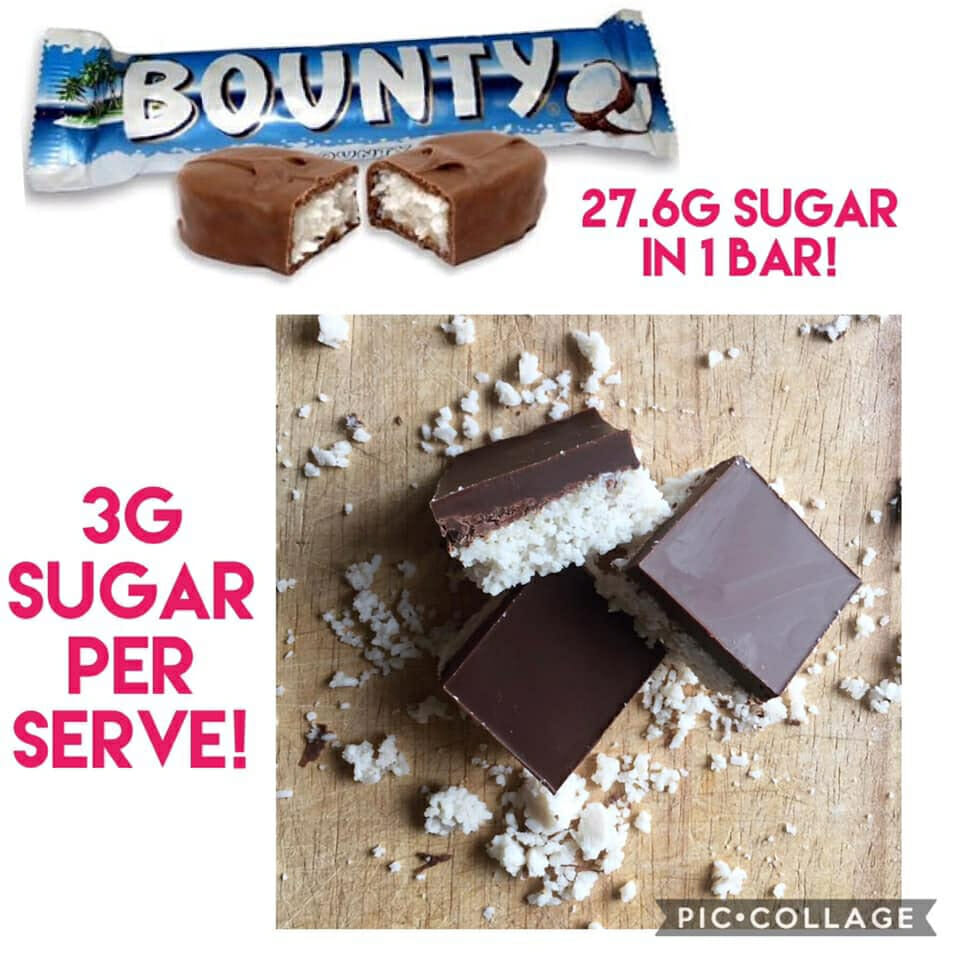Our articles are not designed to replace medical advice. If you have an injury we recommend seeing a qualified health professional. To book an appointment with Tom Goom (AKA ‘The Running Physio’) visit our clinic page. We offer both in-person assessments and online consultations.
People with tendon pain are often keen to find any potential solutions and so I often get asked – could diet or supplements help? Let’s try to answer this with some of the latest research and explore recommendations we can make to our patients.
Diet certainly has the potential to be an important factor. Diabetes, obesity, raised cholesterol and hypertension are all associated with tendinopathy and tendon health. They also all have the potential to respond to changes in diet.
Alcohol may play a role too. It’s thought to influence collagen synthesis and may be a risk factor for tendinopathy (although research is inconsistent – Hijlkema et al. 2022). It also affects general health, mental wellbeing and weight.
Collagen is key! 60 to 80% of the dry mass of tendon is collagen (Tresoldi et al. 2013) and its synthesis is thought to play a key role in tendon adaptation in response to exercise. Diet and supplements may influence this. Taking Vitamin C enriched gelatin (a source of collagen) 1 hour prior to exercise has been found to increase collagen synthesis (Shaw et al. 2017). This approach sowed promising results in a case study of a patient with patellar tendinopathy (Baar 2019)
Clearly the potential is there but what does the research say?…
A recent systematic review from Hijlkema et al. (2022) reported:
“The use of dietary supplements was examined in fourteen studies. Among these, collagen-derived peptides were most often part of the supplements evaluated.
Combining training and dietary supplements seems to induce better clinical and functional outcomes in tendinopathy.”
However, they went on to highlight the lack of high quality studies:
“This review demonstrates the paucity of high-quality studies and a wide variety among studies regarding nutrients, tendon location, study population, and reported outcome measures.”
“Individual studies showed promising clinical implications for the use of dietary supplements, particularly those containing collagen-derived peptides. However, giving any definitive dietary recommendations on the prevention and treatment of tendinopathy remains elusive.”
They concluded:
“All in all, collagen seems to be beneficial in the treatment of tendinopathy, but conclusions about optimal dosage, timing, duration, and type of collagen supplementation cannot be drawn yet.”
“Improving the habitual intake should be the main focus of athletes rather than the intake of dietary supplements”
So where does this leave us and what recommendations can we currently make? We spoke to Nutritionist Fran Taylor for her expert input and summarised the key points in the graphic below. Feel free to save it to share it with your patients.
For more on treating tendinopathy and running injuries check out the Running Repairs Course and follow us on Instagram and Facebook.

























